Invited International Speakers

Professor Firas Al-Niaimi
A highly experienced and skilled consultant dermatologist, Mohs and laser expert with nearly 20 years’ experience Professor Firas Al-Niaimi is a professor in dermatology with over 230 scientific publications in medical journals, 10 book chapters (and his own book) and over 500 scientific lectures in 90 countries around the globe. He is one of the UK's most prolific and well-published laser dermatologists and one with a renowned international standing.
Professor Firas Al-Niaimi is a highly experienced and respected consultant dermatologist with over 20 years of medical experience trained in some of the UK's top hospitals including the world-renowned St. John's Institute of Dermatology at St. Thomas’ Hospital where he completed a prestigious laser and Mohs Surgical Fellowship, and continued to work as an Honorary Consultant for several years in addition to further advanced training in several laser centres in the USA.
In addition to his busy private practice in London, he is involved in academic research and international teaching and training of doctors and has so far trained over 1 000 doctors around the world in advanced laser treatments. He was awarded the Global Excellence Award for being the Consultant Dermatologist of The Year in 2019 and 2022 – based on his services and commitment to dermatology and the laser field. In 2021 he was appointed Professor in Dermatology and becomes the first and only Professor in Laser Dermatology in the UK.
Courtersy of
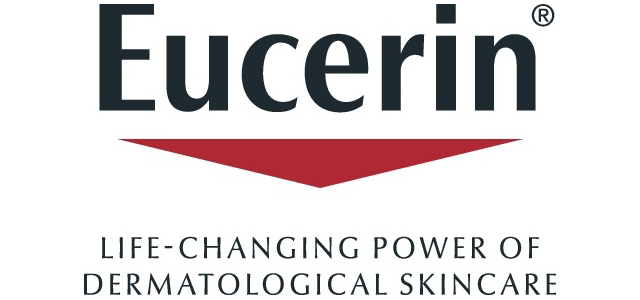
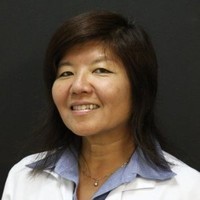
Professor Valeria Aoki
Prof Valeria Aoki is a Professor of Dermatology at the University of São Paulo Medical School. She is also the current President of the International Relations Office of the same university, and sits on the Board of Directors of the International Eczema Council. She is also the Regional Ambassador for the Association of Academic Health Centres International - Latin America and the Caribbean.
Professor Aoki is qualified and renowned in the fields of immunodermatology, molecular biology, healthcare, clinical research, medical education and life sciences. She is a Post-doctoral Fellow, with a specific focus on immunodermatology which she sat for from the Medical College of Wisconsin.
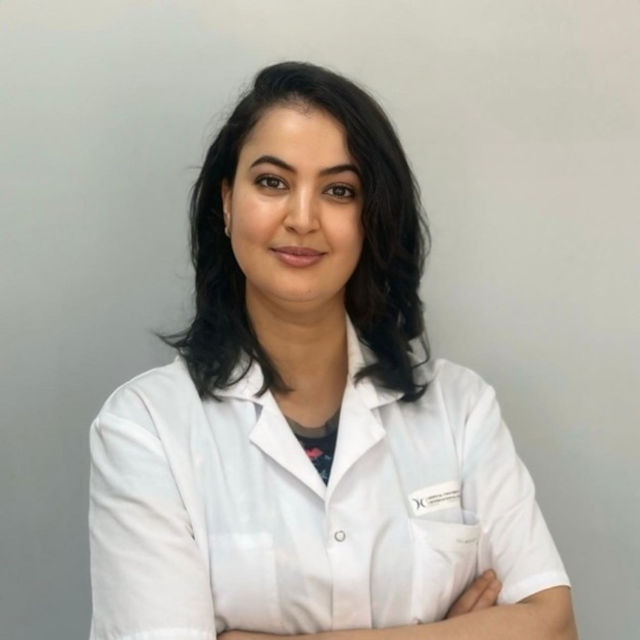
Professor Kelati Awatef
Professor Kelat Awatef is a professor of dermatology at the Faculty of Medicine, Mohammed VI University of Health and Sciences in Casablanca in Morocco. A practicing dermatologist, Prof Awatef specialised in dermoscopy, trichoscopy, hair disorders, and skin of colour in the University Hospital Cheikh Khalifa, at the University Hospital Mohammed VI, in Casablanca.
She is the co-chair of the skin of colour’s imaging task force; a member of the hair diseases task force of the International Society of Dermoscopy; a member of the EADV task force on hair disorders; a member of the ethnic hair research society; and a board member of the non-invasive skin imaging group of the French Society of Dermatology. In addition, Prof Awatef is a member of the non-invasive skin imaging, hair disorders, inflammatory disorders and skin cancer group of The Moroccan Society of Dermatology; and the scientific organiser of the World Dermoscopy Day, in collaboration with the IDS and Global Dermatology.
Prof Awatef boasts eight university diplomas in aesthetic dermatology; dermatological lasers; hair diseases and scalp surgery; healing; wounds and burns; dermatological manifestations of systemic diseases; and paediatric dermatology from various universities in France. In addition, she holds a qualification in medical writing and epidemiology and biostatistics from Morocco; a university teaching course from the University of Hong Kong; and a hair transplantation diploma from Cairo, Egypt.
She has a Scopex H index of 15, having contributed extensively to more than 60 publications concerning dermoscopy, trichoscopy, skin cancer, dermatopathology, psoriasis and dermatologic laser. She has also crafter 11 abstracts in the Annales de Dermatologie et de Vénérolgie; and published thematic worksheets in trichoscopy on the website of the non-invasive skin imaging group of the French Society of Dermatology. (https://www.sfdermato.org/groupe-15-cutaneous-non-invasive-imaging)
Courtersy of
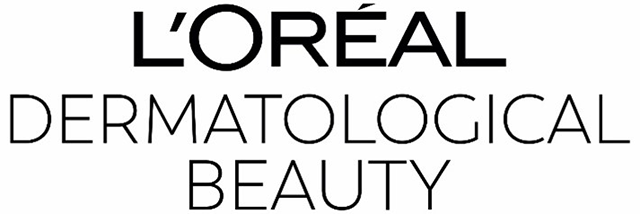

Dr Ophelia E Dadzie
Dr Ophelia E Dadzie, BSc (Hons), MBBS, FRCP, DipRCPath (Dermpath), MSc (Genomic Medicine), is a consultant dermatologist, based in the United Kingdom. She is also a trained dermatopathologist and also holds a Master’s degree in Genomic Medicine.
Dr Dadzie has a long-standing interest in human cutaneous diversity, having lectured and published extensively in this field. As chair of the Dermatological Lexicon Group of the British Association of Dermatologists, she - along with her research collaborators - proposed a new method for classifying human skin colour known as The Eumelanin Human Skin Colour Scale (EHSCS). She is currently leading the development of a software application for the EHSCS, to facilitate it's widespread use by skin biologists and clinicians around the world.
Dr Dadzie is also the founder of Eumel (a trading name of London Ethnic Skin Limited), an inclusive skin and hair care range currently on the market in the UK.
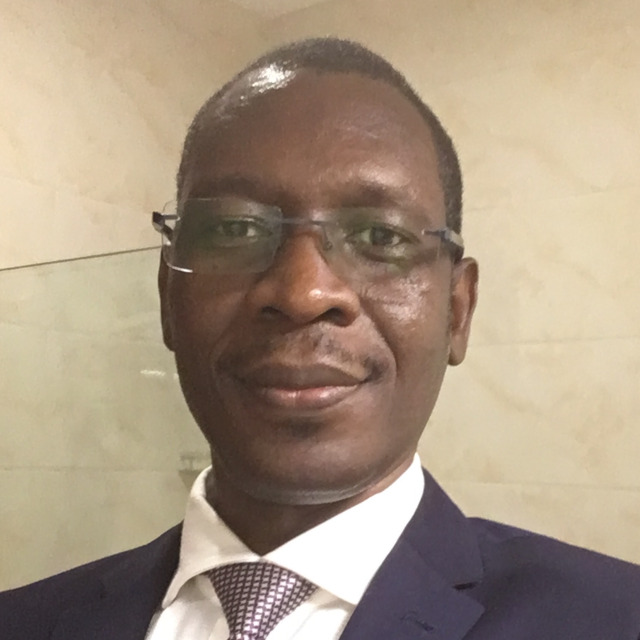
Professor Ousmane Faye
Professor Ousmane Faye is a Professor of Dermatology and the Head of Department of Dermatology at the Faculty of Medicine of Bamako. He is also a Consultant Dermatologist at Bamako Hospital of Dermatology and Head of the Mali Teledermatology Project and Centre for Research and Training in Dermatology of Diversity (CEREFORD).
For the past 25 years, Prof Faye has worked in the largest Reference Centre for leprosy and dermatological diseases. He is the former Director General of the Dermatology Hospital of Bamako; Vice-Dean of the Faculty of Medicine of Bamako; Associate Professor at the Clinical Department of CNAM Ex Marchoux Institute; and Associate Professor at the Henri Mondor Hospital in Créteil, France.
His pioneering work in the Teledermatology project in Mali has ensured the treatment of dermatological diseases online, ensuring numerous research projects in the fields of leprosy, leishmaniasis, epidemiology of skin diseases and – most recently – atopic dermatitis.
Prof Faye is a multi-award winning specialist, the most recent being in 2021 with the receipt of the Foreign Corresponding Member of the French National Academy of Medicine award.
His areas of interest include leprosy, leishmaniasis and other tropical infectious diseases; skin diseases and public health; teledermatology and atopic dermatitis

Dr Iltefat Hamzavi
Dr Iltefat Hamzavi graduated with a medical degree from the University of Michigan before sitting his dermatology specialty at Wayne State and a fellowship in Photomedicine at the University of British Columbia. He is currently a dermatologist in private practice at Hamzavi Dermatology / Dermatology Specialists and the multi-cultural dermatology center at the Henry Ford Hospital.
Dr Hamzavi’s primary areas of interest and focus are vitiligo, vitiligo surgery, photodermatology, and hidradenitis suppurtiva.
He is the co-founder and former board chair at the Global Vitiligo Foundation, former president of the Hidradenitis Supperativa Foundation where he remains an active board member.
Dr Hamzavi is a recipient of the AAD Patient Care Award and service awards from both the Vitiligo and HS Foundations and has published over 300 articles and text book articles in high-impact journals.
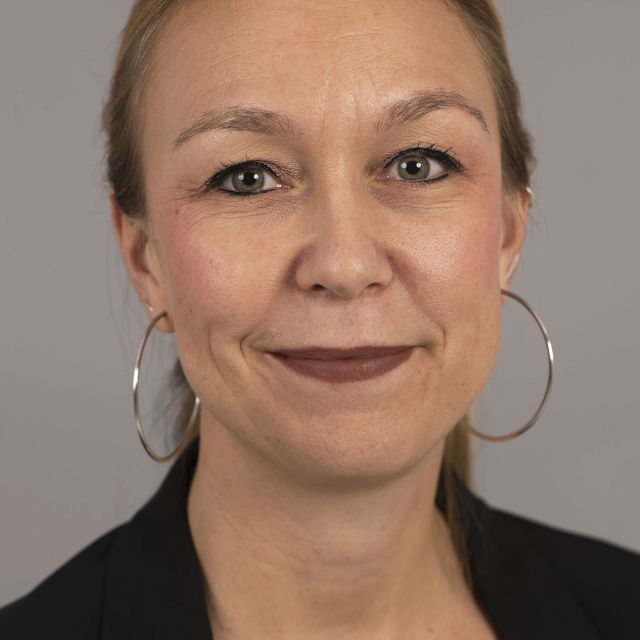
Dr Anna Karlsson-Groth
Dr Anna Karlsson-Groth is a board-certified specialist in dermatology and general medicine, based at the Department of Dermatology at Uppsala University Hospital.
Her clinical and research interests include dermatological conditions in melanin-rich skin, although she has also been involved in collaborative research on atopic dermatitis in Malawi. Dr Karlsson-Groth has participated in several medical outreach initiatives in the region, and her additional areas of interest include hyperhidrosis and infectious skin diseases.
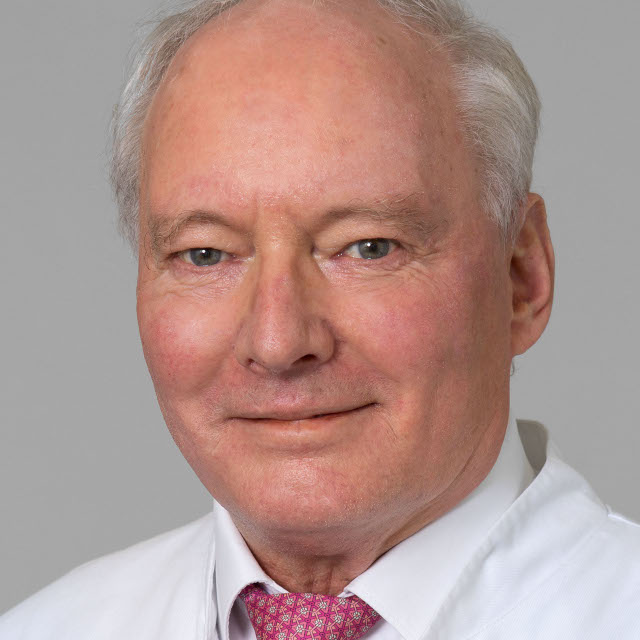
Professor Roland Kaufmann
Professor Roland Kaufmann studied Medicine at Berne University, completing his internships in Sydney, Milano, Frankfurt and Montreal. After a two-year residency in Internal Medicine, he opted to specialise in Dermatology in Darmstadt Germany, where he resided until 1986.
He then became a Dermatologist and senior lecturer at Ulm University, a position he held until 1994. His habilitation thesis was on the about the role of integrin receptor adhesion molecules in skin cancers. Among several other clinical research projects, Prof Kaufmann was involved in pioneering work in mid-infrared ablative laser systems and in photodynamic treatment. In 1994 he was elected Chair Professor of Dermatology at Frankfurt University and in 1995 was appointed as Head of the Department of Dermatology, Venereology and Allergology.
Between 2000 and 2011, he served as CEO and Chief Medical Director of the University Hospital Frankfurt where, in addition to Dermatosurgery and Dermato-Oncology, he is subspecialised in Clinical Allergology, Phlebology, Medical Tumour Therapy, and Dermatopathology.
His major research activities focus on clinical trials of innovative drugs for inflammatory skin diseases and skin cancers with a special Clinical Research and Skin Cancer Center in his department.
Prof Kaufmann has held the position of President of the German Society of Dermatology, and Founding President of the German Society of Dermatosurgery. He regularly serves as teacher in surgery courses of Euroderm Excellence and the European Academy of Dermatology & Venerology (EADV).
He is member of major national and internal societies, is an honorary member of Swiss and French Society and published over 500 papers, textbooks (including the German Standard textbook on Dermatosurgery in its 5th edition) and book-chapters in diverse fields of Clinical and Experimental Dermatology.
Professor Kaufmann retired in 2024 and serves as senior consultant Dermatosurgeon at Mainz University Dermatology and as Dermatopathologist and General Dermatologist in Clinics of Medermis group.
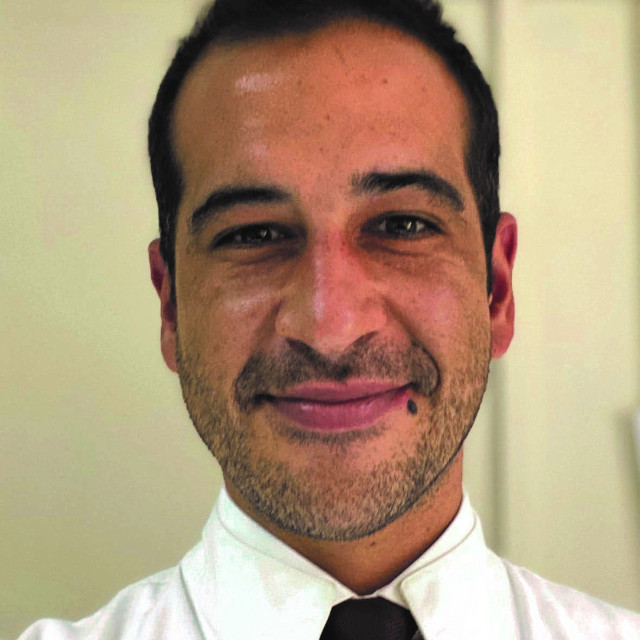
Dr Konstantinos Liopyris
Dr Konstantinos Liopyris is a dermatologist in private practice at the Andreas Sygros Hospital for Cutaneous and Venereal Diseases, and his dedication and commitment to advancing dermatological sciences has earned him a place among the top 10 dermatologists, worldwide.
He combines patient care with rigorous scientific inquiry and his research interests are deeply rooted in the complexities of skin diseases – particularly Keratoacanthoma and the innovative application of imaging and artificial intelligence (AI) in diagnosis. Driven by a desire to improve patient outcomes, he explores the potential of AI to revolutionise the detection and diagnosis of skin cancers, notably melanoma. His work in this area is characterised by a meticulous approach, integrating patient-contextual skin images to enhance the accuracy of AI-based diagnostic tools. Dr Liopyris’ contributions extend beyond the laboratory and clinic, and he actively engages with the wider medical community, sharing insights and expertise at international conferences.
Dr Liopyris recently served as a panellist at the 23rd Dermatology Biday Conference, contributing to discussions on cutting-edge dermatological practices. In addition, his research is regularly published in prestigious peer-reviewed journals, including the Journal of the European Academy of Dermatology and Venereology where his study on AI-based melanoma garnered significant attention.
He serves as a Research Consultant at the renowned Memorial Sloan Kettering Cancer Center, and this collaboration underscores his commitment to translational research and pursuit of innovative solutions to challenging dermatological conditions
Dr Liopyris’ work demonstrates a profound understanding of the intersection between clinical practice and technological advancement, positioning him as a leading voice in the evolution of dermatology.
Courtersy of

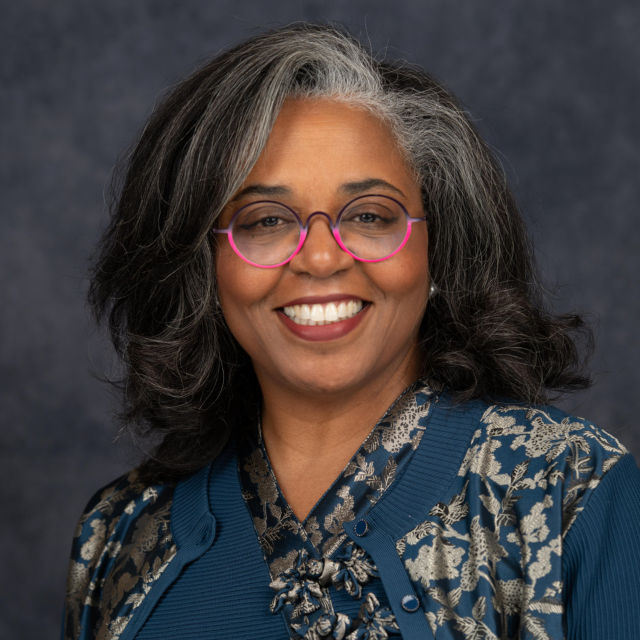
Professor Amy McMichael
Professor Amy McMichael is a Professor in the Department of Dermatology at Wake Forest School of Medicine in Winston Salem, North Carolina, a department she has been part of for more than 20 years. The first 12 years as a Resident Program Director, and the following 11 years as Chair of the Department.
She received her medical degree from the University of Pennsylvania School of Medicine, and completed her internship at Thomas Jefferson University Hospital in Philadelphia. She completed her dermatology residency training at the University of Michigan School of Medicine.
Since vacating her post as Chair of the Department of the Wake Forest School of Medicine, she has been involved in clinical medicine, equity work, research and mentorship, including her role as the Past-President of the National Medical Association Dermatology Section. Professor McMichael also served as a board member and Vice-President of the Women’s Dermatologic Society and Secretary/Treasurer of the North American Alopecia Research Society.
Between 2021 and 2024, she served as a board member of the American Academy of Dermatology and mentored countless students, residents and junior faculty members. Her clinical and research interests include hair and scalp disorders; psoriasis and skin of colour.
She is the editor of several texts including Hair Diseases: Medical, Surgical and Cosmetic Treatments and Fitzpatrick’s Dermatology 9th Edition.
Professor McMichael serves on the editorial board of JAMA Derm, Cosmetic Dermatology, Skin Appendages, Cutis and The Dermatologist. She is also the author of more than 180 journal articles and chapters.
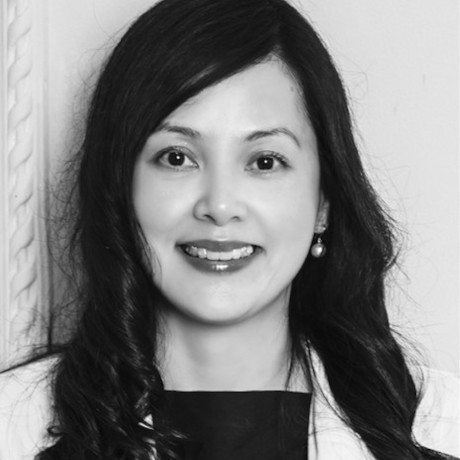
Dr Giang Nguyen
Dr Giang Nguyen is a physician-scientist whose early experiences growing up in Vietnam has shaped her journey exponentially. She came to understand that illness was not just biological event, but a social construct, and that medicine could serve as a bridge across disparity, geography, and time.
She completed her undergraduate studies in biology with a minor in computer science at Georgia Tech; earned her medical degree from Duke University; and received a DPhil in medical oncology from Balliol College, University of Oxford. She completed her residency training in preliminary internal medicine at Georgetown University and dermatology at the University of Colorado. Her post-doctoral and clinical fellowships were undertaken at the National Institutes of Health (NIH), the National Cancer Institute (NCI), John Radcliffe Hospital in Oxfordshire (UK), Memorial Sloan Kettering Cancer Center, and Weill Cornell Medicine.
Dr Nguyen has authored over 70 peer-reviewed publications, and has been recognised with numerous awards, including the NCI Fellow of the Year Award, a Career Development Award from Mayo Clinic, and honours from the Skin of Color Society and many non-profit organisations.
Her clinical and research interests include cutaneous drug reactions, hidradenitis suppurativa, alopecia, and biologic therapies. More recently, she has been exploring how artificial intelligence can intersect with dermatology to close the gaps and improve care for underserved populations.
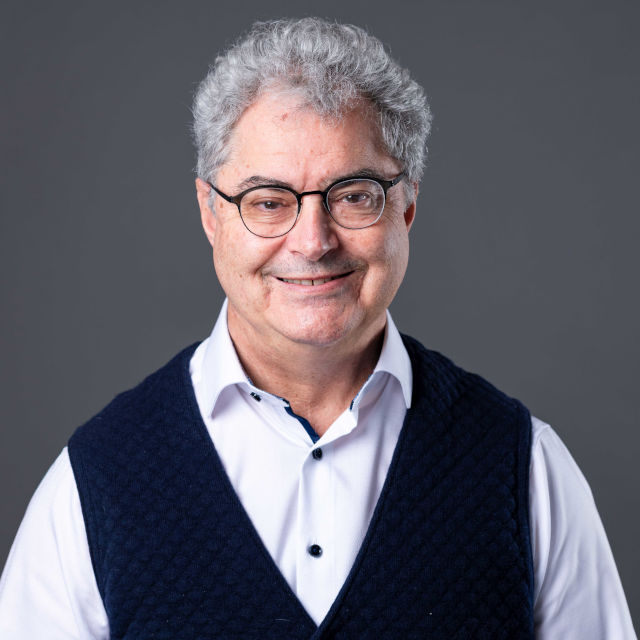
Professor Peter Schmid-Grendelmeier
Professor Peter Schmid-Grendelmeier is a professor for Allergy and Dermatology and is currently senior scientist and formerly the head of the Allergy Unit of the Department of Dermatology of the University Hospital of Zürich in Switzerland, a position he has held since 2003. He is a full board-certified specialist in dermatology and venerology, as well as allergology and clinical immunology.
His educational and research focus is on allergic skin diseases, especially atopic dermatitis, urticaria, mastocytosis, drug allergy and molecular allergy diagnosis from inhalant and fungal allergens.
Prof Schmid-Grendelmeier has published more than 410 original articles (h-index 87, in total 38469 citations), including articles in The Lancet, New Engl J Med and Nature. He is a member of the editorial board and/or reviewer for several well-established scientific journals, and has served as President of the Swiss Society for Allergy and Immunology SSAI and as vice-president of the European Academy of Allergy and Clinical Immunology (EAACI). In addition, he has contributed substantially to the training curricula in allergy and clinical immunology and dermatology in Switzerland and Europe, and was responsible for the European Board Exam in Allergology and Immunology between 2013 and 2019.
Prof Schmid-Grendelmeier has received several awards, the most prestigious being the EAACI Clinical Fellow Award for his lifetime achievements in his field of choice, attributed on 13 June 2025 in Glasgow at the annual EAACI congress. He is also an honorary member of various Dermatology and Allergology Societies, ranging from Switzerland to Tanzania, South Africa, Argentina and Paraguay.
He currently acts as treasurer of the International Society for Atopic Dermatitis ISAD (www.isad.org); is an Education Consultat of the Christine Kühne Center for Allergy Research and Education (www.ck-care.ch); and is involved in the ProRAD study - a large prospective longitudinal study in a cohort of currently more than 1 600 patients (NCT04240522).
He always had a strong interest in tropical allergic skin diseases having worked for several years in Peru (1989) and at the RDTC in Moshi, Tanzania (1997/98). Working with Prof Marie-Charlotte Brüggen, Prof Schmid-Grendelmeier is involved in a multi-national research team comparing immunologic signatures comparing cohorts of atopic dermatitis patients in Tanzania (Moshi), Madagascar and Switzerland (NCT05363904) and in 2024 they were joined by Dr Erere Otrofanowei from Lagos, Nigeria.
Another study he will soon be involved in, is on cutaneous drug reactions and role of eosinophils in these countries. This will be found by SNF (2237184), and among other actions, ISAD also aims to promote knowledge on atopic dermatitis and better access to drugs for its treatment areas with limited resources areas, while also establishing collaborations with the WHO.